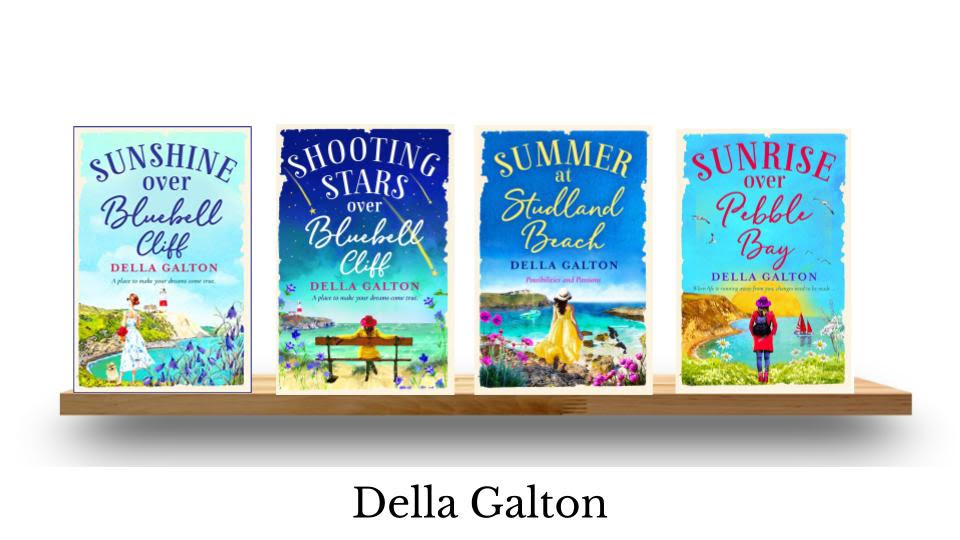 Writers are in the business of selling emotion. I don’t remember who said that, but it’s spot on. If a reader doesn’t emotionally connect with a character they won’t care about them and they won’t read on. So getting emotion – whether it is sadness, humour, or a feeling of poignancy or tension – into your writing, is critical.
Writers are in the business of selling emotion. I don’t remember who said that, but it’s spot on. If a reader doesn’t emotionally connect with a character they won’t care about them and they won’t read on. So getting emotion – whether it is sadness, humour, or a feeling of poignancy or tension – into your writing, is critical.
The million dollar question is how do you do it?
In order to ascertain what constitutes emotion, myself and a group of students brought in a selection of prose & poetry extracts which we considered emotional and set about analysing them to see if there was any common ground. Here are our findings:
It’s easier to get emotion from very emotional events. It sounds obvious but it’s worth mentioning. If you pick a subject that we all understand and have experienced, you’ll have a head start. Here are some universal emotional subjects.
- Love – especially unrequited.
- Death.
- Loneliness.
- Old age.
- Loss of a person, pet, job, home.
- Illness.
- Darkness.
- Fear – especially of a universal threat – from earthquakes to terrorism, spiders to flying.
- Humiliation – fear of looking a fool or being left out.
- Not fitting in.
Sensory detail is key in every type of emotional writing. So have your character hearing, touching, tasting and smelling her surroundings. Don’t forget temperature.
Setting is very important too. Setting puts emotion in context. We need to know where your character is when they are experiencing emotional events.
Be very specific. Don’t say ‘it was a dark night’. Say, ‘It was a cold moonless night.’
Viewpoint is vital. We need to be inside the character’s head – not watching them from a distance. First person present tense works particularly well.
Pace is also very important. Particularly when setting up tension and when writing humour.
Interestingly if you are writing a very sad scene you can understate what you write. In fact you should understate to avoid mawkishness (imo). But if you’re writing humour you need to go OTT. Really milk the situation. Don’t miss a single opportunity. Humour and pace are strongly linked – as every stand-up comic knows.
Finally – if you feel it when you write it – the reader will feel it when they read it. What comes from the heart goes to the heart. Be authentic. Don’t hold back. Make yourself cry, laugh or feel afraid and your audience will be right there with you.




